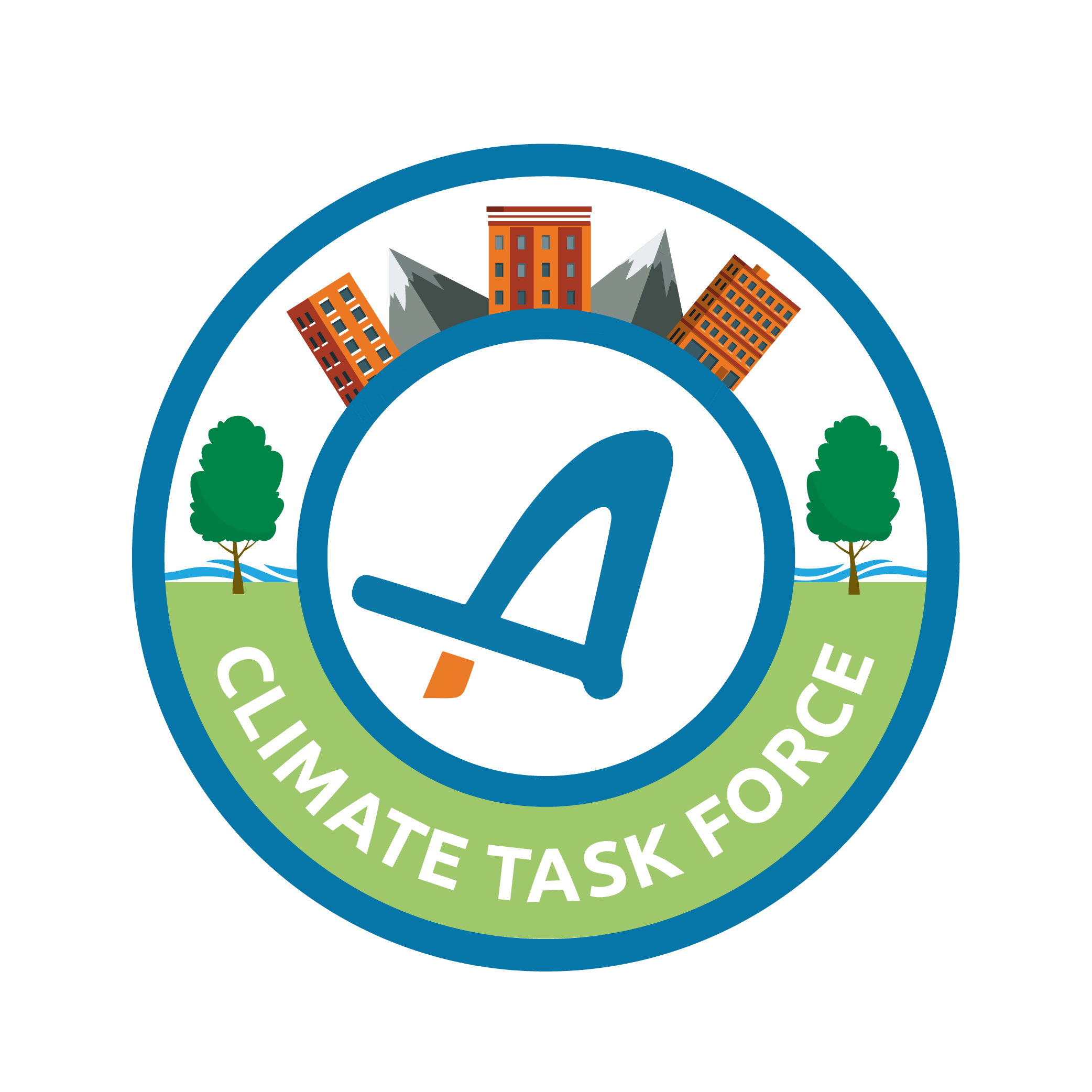
Global climate change is the greatest challenge facing humanity this century. AMERSA, like many organizations, is working to incorporate environmentally sustainable practices into every aspect of governance and programming. In addition, climate change disproportionately affects vulnerable populations, including people who use substances, underscoring AMERSA’s responsibility to prioritize such initiatives internally, as well as to provide relevant information for members.
The AMERSA Climate Task Force is committed to guide and support AMERSA to improve the environmental impact of our organization by:
- Raising the awareness of AMERSA members about the climate emergency and steps that we can all take to improve our own environmental impact
- Learning about and publicizing the impacts of the climate emergency that are specific to people who use alcohol and other drugs, and educating members about ways that we can help people who use drugs to protect themselves from the adverse effects of the climate emergency
- Re-evaluating and re-allocating AMERSA’s financial investments to a portfolio that focuses on positive environmental impact
- Adopting sustainable and regenerative practices for travel to, and convening of, in-person meetings
- Evaluating the cost/benefit ratio of in-person, hybrid, and virtual conferences and making adjustments that align with AMERSA’s values around environmental sustainability
In 2025, the AMERSA Climate Task Force focused on improving the climate impact of our Annual Meeting by:
- Providing access to the conference materials and program through the conference app and QR codes during the meeting; note: For the 2023 Annual meeting, approximately 14,000 pages were printed for attendees!
- Providing step-by-step instructions to help members use public transportation to get to the conference hotel after arriving in Portland
- Increasing offering of vegetarian and vegan meal options at the conference (reducing consumption of meat has the biggest impact on improving the climate impact of food consumption—even more than eating locally-sourced foods)
- Offering attendees tips about how to improve their climate impact during their time at the Annual meeting (e.g., turning off heating/cooling system and lights when they are away from their hotel room; bringing a refillable water bottle or cup with them)
- Eliminating the use of plastic cups and water bottles by the conference hotel
- Ensuring community support through donation of surplus food to local nonprofits
- Partnering with The Hyatt Regency Portland, which is LEED Gold certified and incorporates a wide range of eco-friendly practices. Read more about their practices here.